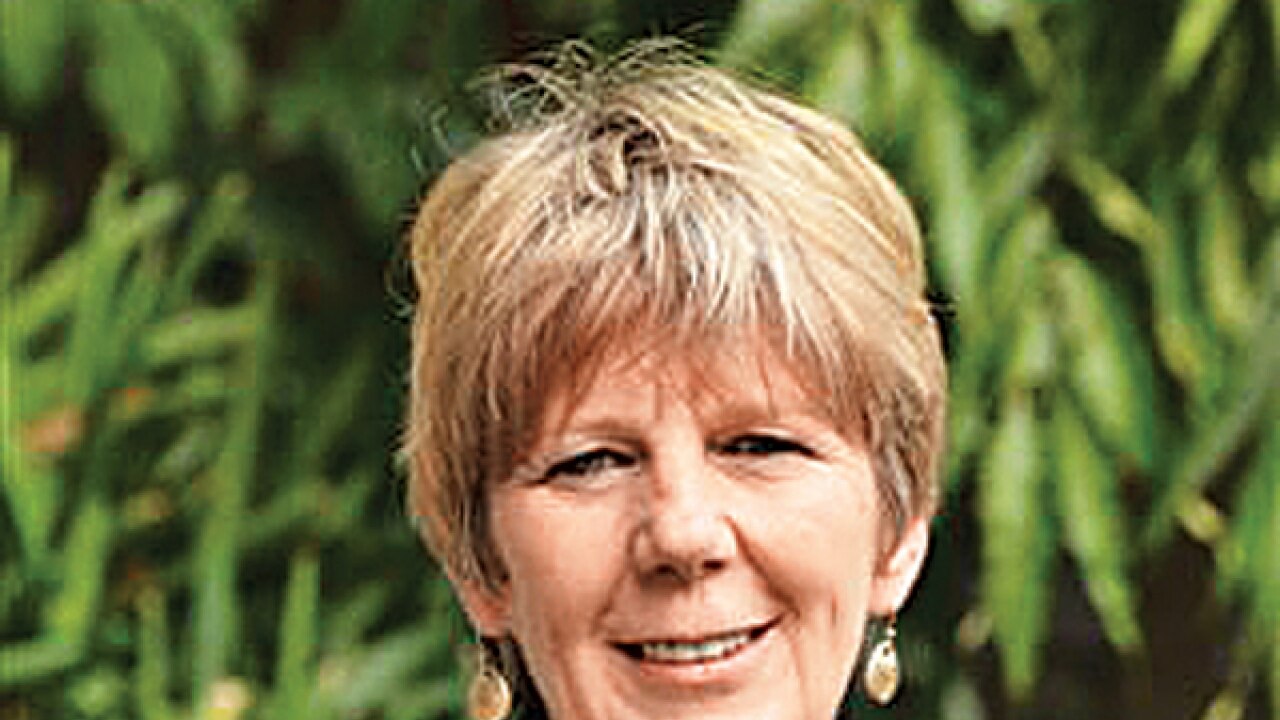
Frederika Meijer, UNFPA country representative, India and Bhutan
On July 11, the World Population Day this year, the United Nations Population Fund (UNFPA) is focussing on protecting the health and lives of the most vulnerable people in humanitarian emergencies.
In humanitarian emergencies, natural disasters and conflicts, women, children and the young often suffer the most. Even in normal times, reproductive health issues are a leading cause of death and illness among women of childbearing age. In crisis situations, one in five women of childbearing age is likely to be pregnant. Without access to reproductive health services, sanitation and hygiene supplies, women face far greater risks of life-threatening complications.
According to UNFPA estimates, in the earthquake that struck Nepal this April, around 2 million women and girls of childbearing age, including some 1.26 lakh pregnant women, were affected by the disaster. Many of them required urgent obstetric care. With more than a thousand health facilities and one-third of maternal and neonatal facilities destroyed, the aftermath was deep and widespread.
The floods in Pakistan in October 2014 affected more than 2.5 million people. UNFPA estimated that more than 6.25 lakh were women of reproductive age and that at least 75,000 were pregnant. In the aftermath of the devastating floods in Uttarakhand and Jammu & Kashmir, emergency coordinators on site reported spiralling reproductive and maternal health needs.
Minimum Initial Service Package (MISP)
Globally, and in India, UNFPA is working with governments, aid agencies and NGOs to put in practice a global protocol popularly known as MISP, to safeguard sexual and reproductive health in disasters.
The MISP is a set of emergency response strategies which, if implemented properly, can make a real difference — makeshift toilets, street lights and safe spaces can minimise the risk of women and girls becoming victims of violence and trafficking. Reproductive health kits can help health care workers and midwives ensure that babies are delivered safely. Family planning supplies can save lives, reduce unwanted pregnancies, and protect people from sexually transmitted infections. Emergency health workers can be trained to encourage the reporting of sexual violence and treat survivors of violence and abuse.
Introduced by UNFPA, dignity kits have become an essential component of humanitarian response worldwide. Besides reusable sanitary napkins, these kits contain new clothes, towels, soap and other essentials that women and girls need in such situations.
In India, with support from UNFPA, various states have already begun training personnel on the ground on MISP. In 2013-14, West Bengal, Tamil Nadu, Bihar and Odisha were covered. In 2015, Jammu & Kashmir and Maharashtra will be MISP-compliant. Beginning with a three-day training at Public Health Institute, Nagpur, and followed by four regional workshops in Nashik, Aurangabad, Nagpur and Kolhapur has made substantive progress already in disaster preparedness.
Global protocol for disaster risk reduction
In March this year, 187 UN member countries, including India, adopted the Sendai Framework, a new global protocol to reduce disaster risk. This framework focusses on investing in development models that build resilience to disasters. In order to respond better in times of disasters, health systems need to be strengthened in normal times. Strong, resilient health systems play an important role in mitigating the risks of disasters.
The global agreement also recognises that for any disaster risk reduction plan to succeed, it needs the active participation of women, as women are the backbone of communities' resilience. Investing in the reproductive health of women and young people, and unleashing the potential of their contributions, would contribute to reducing the risk and impact of disasters. Preparedness to safeguard the sexual and reproductive health and rights of people, will reduce vulnerability and save lives, and help ensure that every pregnancy is wanted, every childbirth is safe and every young person has the opportunity to fulfil their potential… before, during and after disasters.